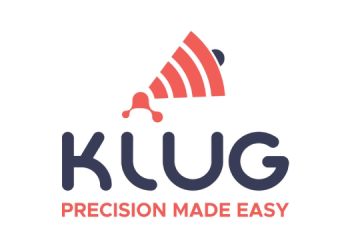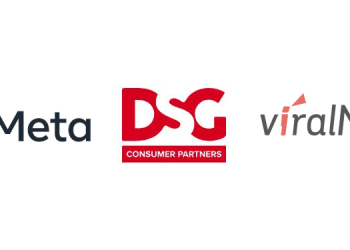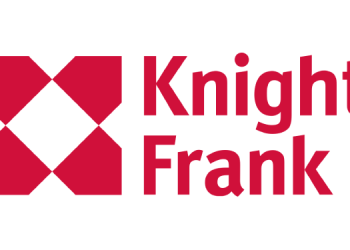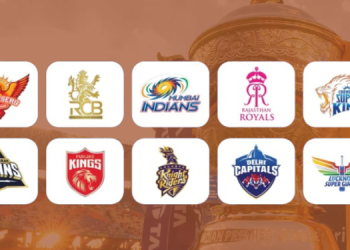The experts panel comprising Shuvadip Banerjee, Chief Digital Marketing Officer, ITC, Shashank Srivastava, Senior Executive Officer, Maruti Suzuki India, Arnaud Frade, President- Commercial – (Asia), Nielsen and Mohit Joshi, Chief Executive Officer, Havas Media Network India delved deep into the ever-evolving landscape of modern marketing and strategies to adapt to a cookie less era and emphasized the pivotal role of data in shaping successful marketing strategies. The panel was moderated by Vivek Malhotra, Group Chief Marketing Officer and Chief Operating Officer – Consumer Revenue at the India Today Group.
Digital transition and leverage the power of data
Srivastava initiated the discussion by highlighting that prioritising customer understanding is essential—a fact often sidelined.
He explained, “In earlier times, this understanding of the customer relied on sampling, market research, and analysis of demographics and psychographics. However, the abundance of data and advanced technologies now allow for a significantly more personalised approach to customer insights. Maruti Suzuki’s sustained market dominance, holding approximately 45% market share over four decades, stems from aligning with evolving consumer behaviours and processes. Extensively researched, the car purchasing journey involves 26 touchpoints, 24 of which Maruti Suzuki has seamlessly digitalized. Aspects like test drives and delivery are transitioning to digital.”
“This transformation underscores the shift towards treating cars not just as vehicles but as repositories of data. Leveraging this wealth of data empowers us to engage with consumers on a deeply personalised level, a cornerstone of our success,” shared Srivastava.
Focus on Data quality
Frade emphasised the importance of utilising data effectively, noting that the focus should not just be on acquiring more data but on obtaining better quality data.
He expressed, “Technological advancement also generates vast amounts of data, which must be leveraged more effectively. The challenge lies in obtaining precise, high-quality data that empowers marketers, brand owners, and other stakeholders to make informed decisions. In this rapidly evolving landscape, understanding the changing dynamics of the shopper journey is paramount. The proliferation of mobile technology and diverse forms of commerce has fundamentally altered how consumers engage with brands. We are witnessing a transition from discrete ‘moments of truth’ to a continuous journey, where decision-making occurs at various touchpoints. Marketers must excel not only at the final interaction but throughout the entire marketing funnel.”
Banerjee believed that while amassing a significant amount of data, traditional measures like top-of-mind awareness and purchase motivation persist.
He said, “The marketing landscape has evolved, with real-time multi-touch attribution and market mix models becoming commonplace, aiding investment allocation. Despite lacking a unified media measurement standard, metrics like scroll depth on owned assets and engagement within communities offer insights into consumer behaviour.”
“Additionally, distinguishing between always-on and start-stop campaigns and measuring baseline improvements helps gauge campaign effectiveness. Despite the abundance of data, the challenge lies in harnessing it effectively to inform decision-making and optimise campaign impact across different funnel stages and mediums,” voiced Banerjee.
Navigating the data complexities
Joshi cautioned that amidst the sea of data, there’s a risk of becoming data-blind and misinterpreting insights.
He stated, “At Havas, we’re addressing this challenge of misinterpreting data head-on. We aim to refine our approach to a market mix model and ensure clients receive accurate input-output assessments. While data is invaluable, we must ensure it guides us in the right direction. By striking a balance between bottom-of-the-funnel optimisation and top-of-the-funnel investment, we can sustainably drive acquisition and growth. The key is to navigate the complexities of data and maximise its potential to drive client success.”
Data allows for personalization
Srivastava stated that the key lies not in the quantity of data but in how brands filter and leverage it to achieve their marketing objectives.
Citing an example on customer data and car dealerships, Srivastava shared, “Previously, we only focused on transactions during dealerships, but now we track interactions like website visits and social media engagement to tailor our strategies. For instance, we identify a customer as a Manchester United fan. This seemingly minor detail can be incredibly valuable. We recently tested adjusting our marketing efforts based on the football team’s performance, leading to better results when we timed promotions of accessories with their victories and saw success with customers.”
He added, “Similarly, analysing driving behaviour allows us to address maintenance issues and improve safety. Despite the abundance of data, it’s about extracting meaningful insights to drive action, even if it involves knowing someone’s sports preferences. Given the data we’re collecting now, some may wonder why we need all of it. However, each piece serves a purpose. For instance, with connected cars, we can monitor drivers for distractions or fatigue, promoting safer driving habits. In a cookieless environment, first-party data reigns supreme for predicting consumer behaviour accurately.”
Getting in the last word, Frade shared how Nielsen aims to focus on unbiased third-party data, detached from any media group.
“We want to dedicate ourselves to media and audience measurement. This commitment underscores our presence and success in rapidly growing and pivotal markets like India. The vibrancy, enthusiasm, and exemplary work in this country inspire us, and we look to forge stronger partnerships. We are interested in collaborating to engage in fruitful discussions. Moreover, we must leverage our product expertise to tailor solutions for the Indian market. With our global product leads present and our dedication to understanding and meeting the unique needs of clients, we are poised to elevate measurement standards in India,” Frade concluded.

















